Digital multimeters are essential tools for any electronics engineer or technician. They are used to measure a variety of electrical properties, including voltage, current, and resistance. Digital multimeters must be accurate and precise to get reliable measurements.
Accuracy:
The accuracy of a digital multimeter is the degree to which it measures the correct value. If a digital multimeter is said to be accurate to within 2%, that means that it will measure the correct value within plus or minus 2%. Most digital multimeters have an accuracy of 3% or better.
Precision:
The precision of a digital multimeter is the degree to which it can reproduce the same results. A digital multimeter that is said to be precise to within 0.1% can reproduce the same measurement within plus or minus 0.1%. The precision of a digital multimeter is affected by factors such as temperature and humidity.
What is a digital multimeter and what are its uses?
A digital multimeter is a versatile tool that can be used to measure voltage, current, and resistance. It can also be used to test continuity and perform other basic electrical tests. Digital multimeters are easy to use and more accurate than their analog counterparts. They are an essential tool for anyone working with electronics.
Digital multimeters can be used to measure DC or AC voltages, currents, and resistances. They usually have a range of functions that can be selected using a switch. Most digital multimeters can also measure frequency, capacitance, and inductance. Some more advanced models may also include features such as temperature measurement and data logging.
Digital multimeters are an essential tool for any electronics technician or hobbyist. They are relatively inexpensive and can save a lot of time and hassle when troubleshooting electronic circuits.
Uses of Digital Multimeters:
Digital multimeters can be used for a variety of purposes, including:
Measuring voltage:
Digital multimeters can be used to measure DC or AC voltages. They are often used to test batteries, power supplies, and other electrical components.
Measuring current:
Digital multimeters can be used to measure DC or AC currents. They are often used to test circuits and components for shorts and leakage.
Measuring resistance:
Digital multimeters can be used to measure resistance in circuits. This is useful for troubleshooting issues with components or wiring.
Testing continuity:
A digital multimeter can be used to test for continuity between two points in a circuit. This is useful for checking connections and testing fuses.
Performing basic electrical tests:
Digital multimeters can be used to perform a variety of basic electrical tests, such as checking the polarity of a voltage or testing for AC voltage.
Digital multimeters are an essential tool for anyone working with electronics. They are relatively inexpensive and can save a lot of time and hassle when troubleshooting electronic circuits.
Digital multimeters can be purchased at most electronics stores or online on KAIWEETS. They are typically used by electricians, electronics technicians, and hobbyists.
Factors that Affect Accuracy and Precision:
Several factors can affect the accuracy and precision of digital multimeters. These includes:
- The type of sensor used
- The quality of the components used
- Environmental conditions (temperature, humidity, etc.)
- The user's experience and expertise
Digital multimeters that use sensors tend to be more accurate than those that don't. This is because sensors are designed to measure specific quantities (e.g. voltage, current, resistance) with a high degree of accuracy. The quality of the components used in a digital multimeter also affects its accuracy and precision. For example, if a digital multimeter uses cheap resistors, the measurements will be less accurate than if it used higher quality resistors.
Environmental conditions can also affect the accuracy and precision of digital multimeters. Temperature and humidity can cause electronic components to expand or contract, which can throw off measurements. Similarly, dust or other contaminants can cause electrical interference that can impact the accuracy of measurements.
Finally, the user's experience and expertise can play a role in the accuracy and precision of digital multimeters. A more experienced user will know how to calibrate a digital multimeter for specific environmental conditions and how to take measurements correctly.
Digital multimeters are essential tools for any electronics engineer or technician. They must be accurate and precise to get reliable measurements. Several factors can affect the accuracy and precision of digital multimeters, including the type of sensor used, the quality of the components used, environmental conditions, and the user's experience and expertise. By taking these factors into account, users can ensure that they are getting accurate and precise measurements from their digital multimeter.

Frequently Asked Questions:
1. Why is a digital multimeter more accurate?
A digital multimeter is more accurate than an analog multimeter for several reasons.
First, a digital multimeter can take multiple readings per second and averages them out, which eliminates most reading errors.
Second, a digital multimeter has a built-in calibration function that ensures accuracy. Finally, the digital display of a digital multimeter eliminates parallax error, which is common with analog meters.
Digital multimeters are essential for any technician or engineer working with electronic circuits. They are more accurate than analog multimeters, and they provide a wealth of information that can be used to troubleshoot and repair circuits.
2. How do you test the accuracy of a multimeter?
There are a few ways that you can test the accuracy of your multimeter. One way is to use a known reference voltage, such as a 9V battery, and measure it with your multimeter. Compare this reading to what is printed on the battery to see if your multimeter is accurate.
Another way to test accuracy is by using a resistor values chart. Find some common resistor values, such as 4.7k ohm or 10k ohm resistors, and measure them with your multimeter. Again, compare the readings to the known values to see if your multimeter is accurate.
If you want to be precise, you can use a calibration service to test the accuracy of your multimeter.
3. What affects multimeter accuracy?
How accurate your multimeter is depended on several factors, including the quality of the device, how well it is calibrated, and the environment in which it is used. Let's take a look at each of these factors in turn.
The quality of the device is perhaps the most important factor in determining accuracy. A high-quality multimeter will have been designed and constructed to very tight tolerances, ensuring that its measurements are as accurate as possible. Conversely, a low-quality multimeter may have much wider tolerances, meaning that its measurements may not be as accurate.
Calibration is also crucial for accuracy. A multimeter must be regularly calibrated to ensure that its readings are correct. If a multimeter is not properly calibrated, its readings may be inaccurate.
Finally, the environment in which a multimeter is used can also affect its accuracy. For example, if a multimeter is used in an area with high electromagnetic interference (EMI), its readings may be affected. Similarly, if a multimeter is used in an area with extreme temperatures, its accuracy may also be affected.
Conclusion:
In conclusion, both accuracy and precision are important when choosing a digital multimeter. Accuracy is important because it ensures that the readings are as close to the true value as possible. Precision is important because it ensures that the readings are consistent and reproducible.

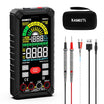
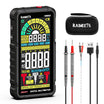
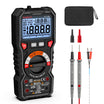
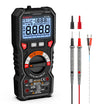
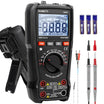
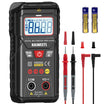
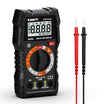
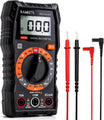
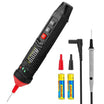
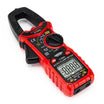
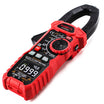
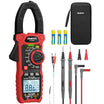
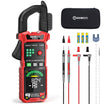
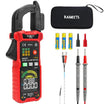
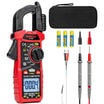

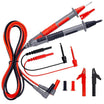
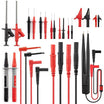
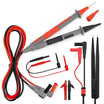
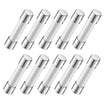
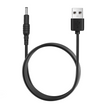
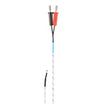
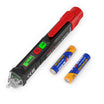
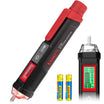
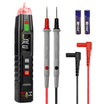
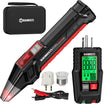
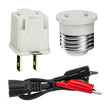
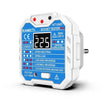
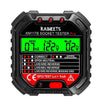
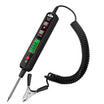
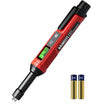
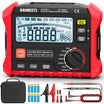
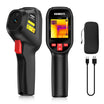
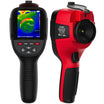
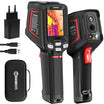
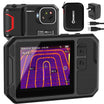
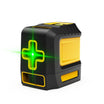
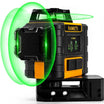
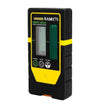
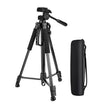
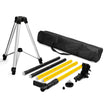

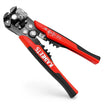
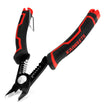
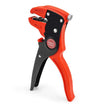
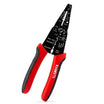
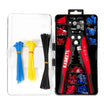
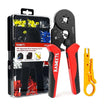

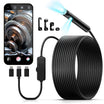
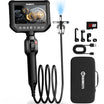
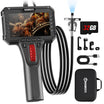
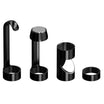
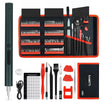
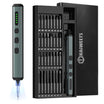
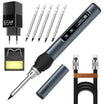
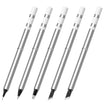
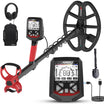
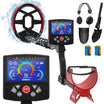
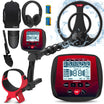
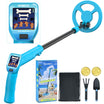
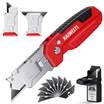
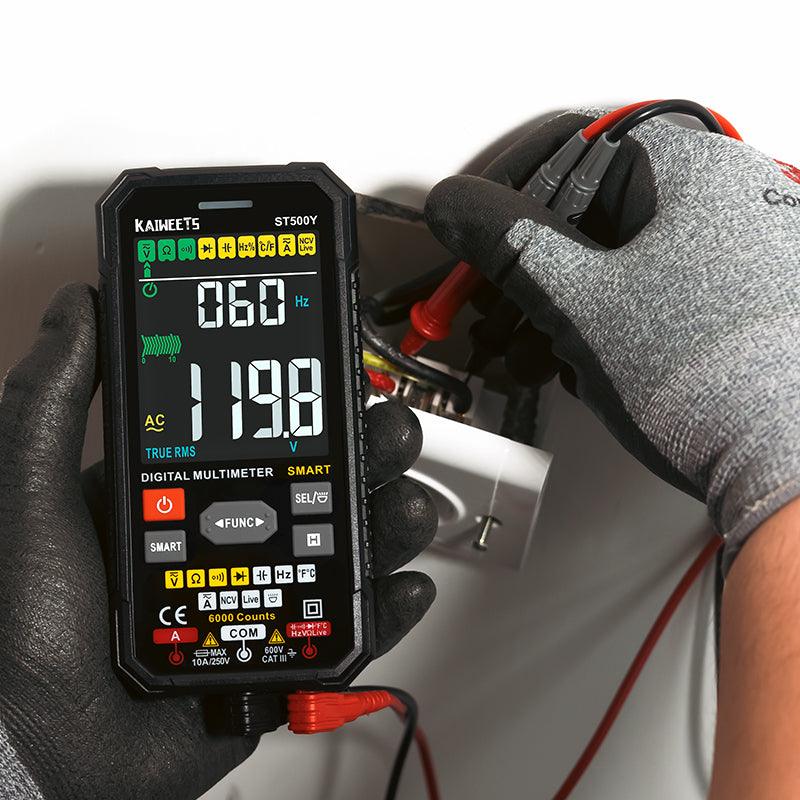
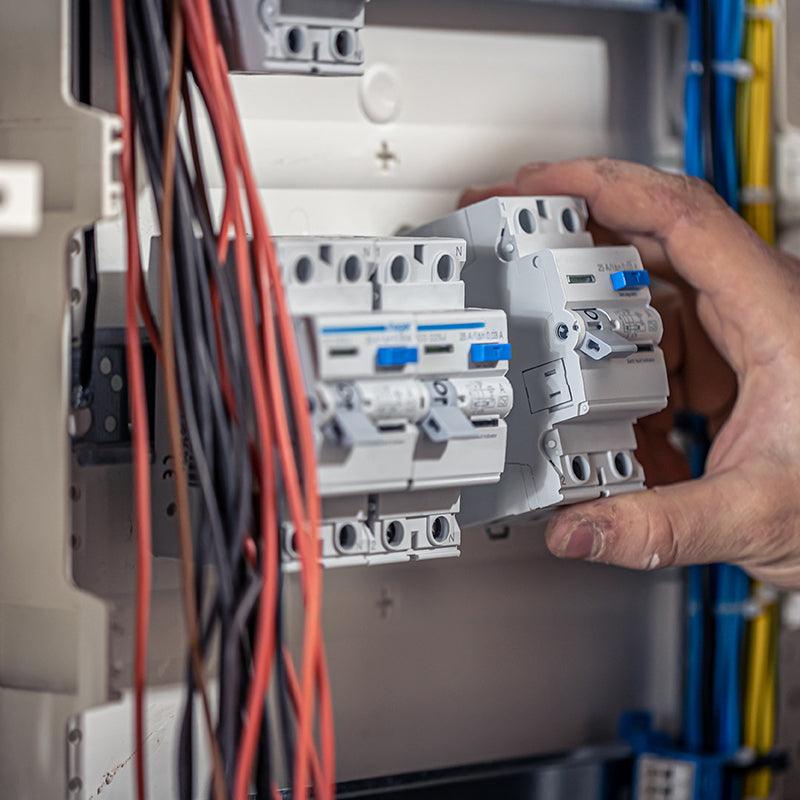
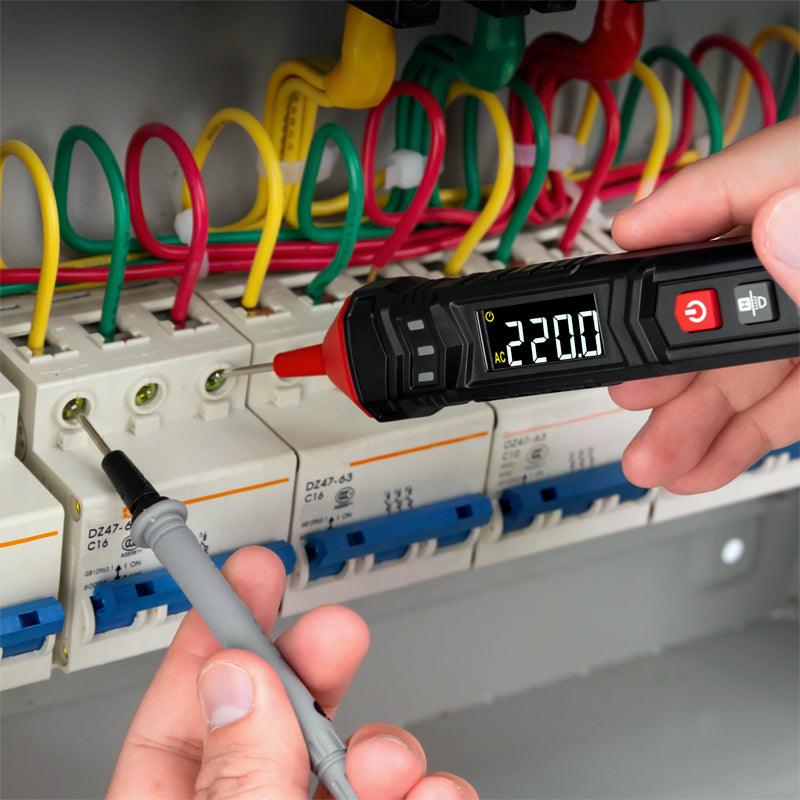
Leave a comment
All comments are moderated before being published.
This site is protected by hCaptcha and the hCaptcha Privacy Policy and Terms of Service apply.